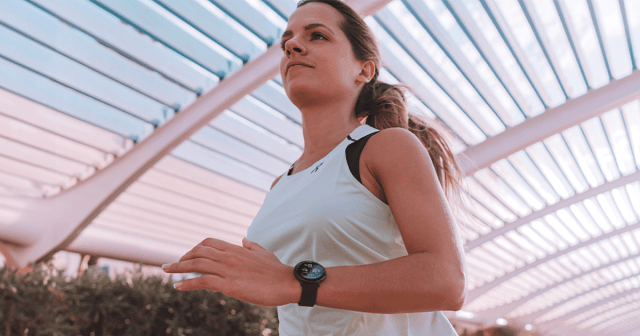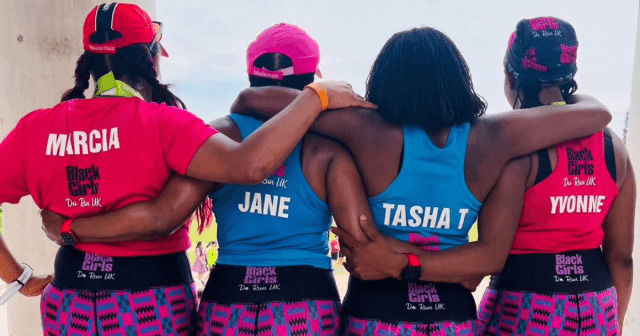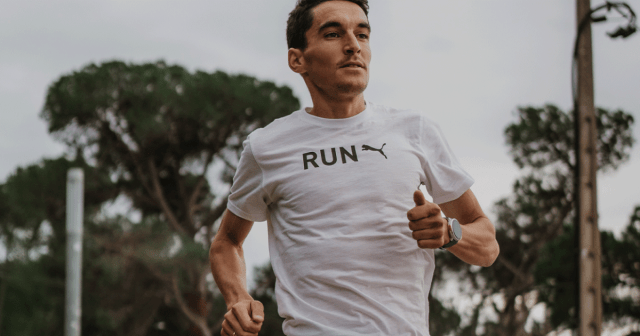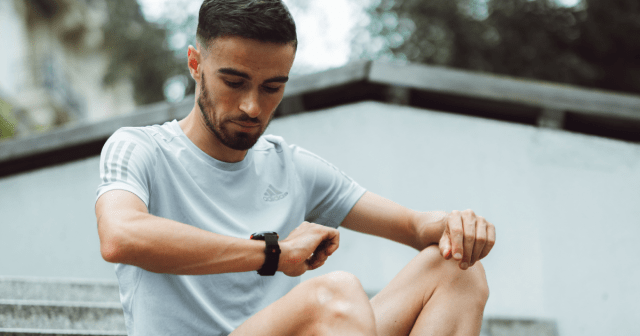When we think about a runner’s diet, it’s usually about the types of foods we should eat to fuel our bodies. We need protein, fiber, and carbohydrates to ensure we have the right amount of calories to burn. But is there anything you shouldn’t eat – and if so, why? Here’s a handy guide to foods for runners to avoid so you can feel good inside and out as you power through those miles.
High-fiber foods
Beans, broccoli, and berries: remember those three B’s as you don’t want to eat them just before a run or a workout. The same goes for apples, lentils, anything whole grain, and other brassica vegetables (Brussels sprouts, cabbage, cauliflower, and kale). These are some of the top foods that runners should avoid.
Beans, broccoli, and berries: remember those three B’s as you don’t want to eat them just before a run.
Don’t get us wrong: fiber is an essential part of your diet – but you don’t want it in your gastrointestinal tract while you’re in action. Stomach cramps, bloating, and diarrhea are the not-so-fun signs that these foods are not your pre-run friends because they take so long to digest.
Save them for after your run so that you can replenish your body with fiber-rich foods. Are you looking for a pre-run snack? Try toast (the standard type, not whole grain/whole wheat kind) with banana and peanut butter. Your stomach can process this fast and won’t give you grief on the go.
Dairy
Dairy isn’t an issue for everyone, but a surprising number of people discover they’re lactose intolerant when they start running. If you’re experiencing stomach pains but haven’t been eating fiber, then it’s worth considering if it could be dairy that’s causing you gastrointestinal distress.
A surprising number of people discover they’re lactose intolerant when they start running.
Milk, cheese, yogurt, and anything cream-based could be the culprit. Thankfully, there’s a vast range of nut milk available these days, so you can easily find an easier alternative for you to digest.
Sugary drinks
You may think that reaching for an energy drink or soda will pep you up before a run. However, the instant blood sugar spike you’ll receive will fall rapidly, leaving you with headaches and fatigue – making it harder to get your workout.
Look out for sugar-free ‘diet’ sodas that contain Sorbitol, a popular sweetener, too. The body doesn’t entirely absorb this sugar alcohol, so it remains in your digestive tract and is another potential cause of cramping, bloating, and diarrhea.
Instead, try an electrolyte drink or water to stay hydrated and motivated without upsetting your stomach.
Fried foods
If you’ve been hankering for a burger, save it for a non-running day. All kinds of fried foods are high in unhealthy fats (as opposed to healthy ones), which sit in your stomach and their time digesting.
Your body will be diverting energy to breaking down these fats in your stomach, leaving you feeling sluggish.
This long digestion time means it’s pretty likely you’ll still be trying to process your meal when trying to run. Think about it like you’re trying to pat your head and rub your stomach at the same time. Your body will be diverting energy to breaking down these fats in your stomach, leaving you feeling sluggish and maybe with some digestive discomfort on your run.
Spicy food
You may be mistaken for thinking spicy food will pep up your runs. After all, it can speed up your metabolism, so why wouldn’t it give your workout an extra kick too?
It turns out capsaicin (the chemical compound that gives chilly its heat) can cause heartburn, indigestion and generally irritates the lining of both the small and large intestine. None of which sounds like much fun, especially when you’re trying to run.
So, skip the curry, Mexican food, or spicy chicken wings the night before or on the day of your run. Save it for a post-workout treat, so it doesn’t upset your stomach.
Protein bars
It may surprise you to learn that an energy bar isn’t always the healthiest option for a pre-run snack. While protein is a vital part of any runner’s diet, relying on energy bars could cause an imbalance that could affect your performance.
Consuming too much protein while sacrificing your intake of essential carbohydrates means you could be missing out on this vital energy source.
Consuming too much protein while sacrificing your intake of essential carbohydrates means you could be missing out on this vital energy source. The result? Feeling sluggish when you run when what you were after was more energy.
Protein bars are often crammed with refined sugars or sweeteners like Sorbitol. On top of the gastrointestinal upset mentioned above, these sweeteners could also have a laxative effect – which is the last thing you want on a run.
If you liked this post, don’t forget to share so that others can find it, too.
Or give it a thumbs up!
I like this article
Please note that the information provided in the Polar Blog articles cannot replace individual advice from health professionals. Please consult your physician before starting a new fitness program.





